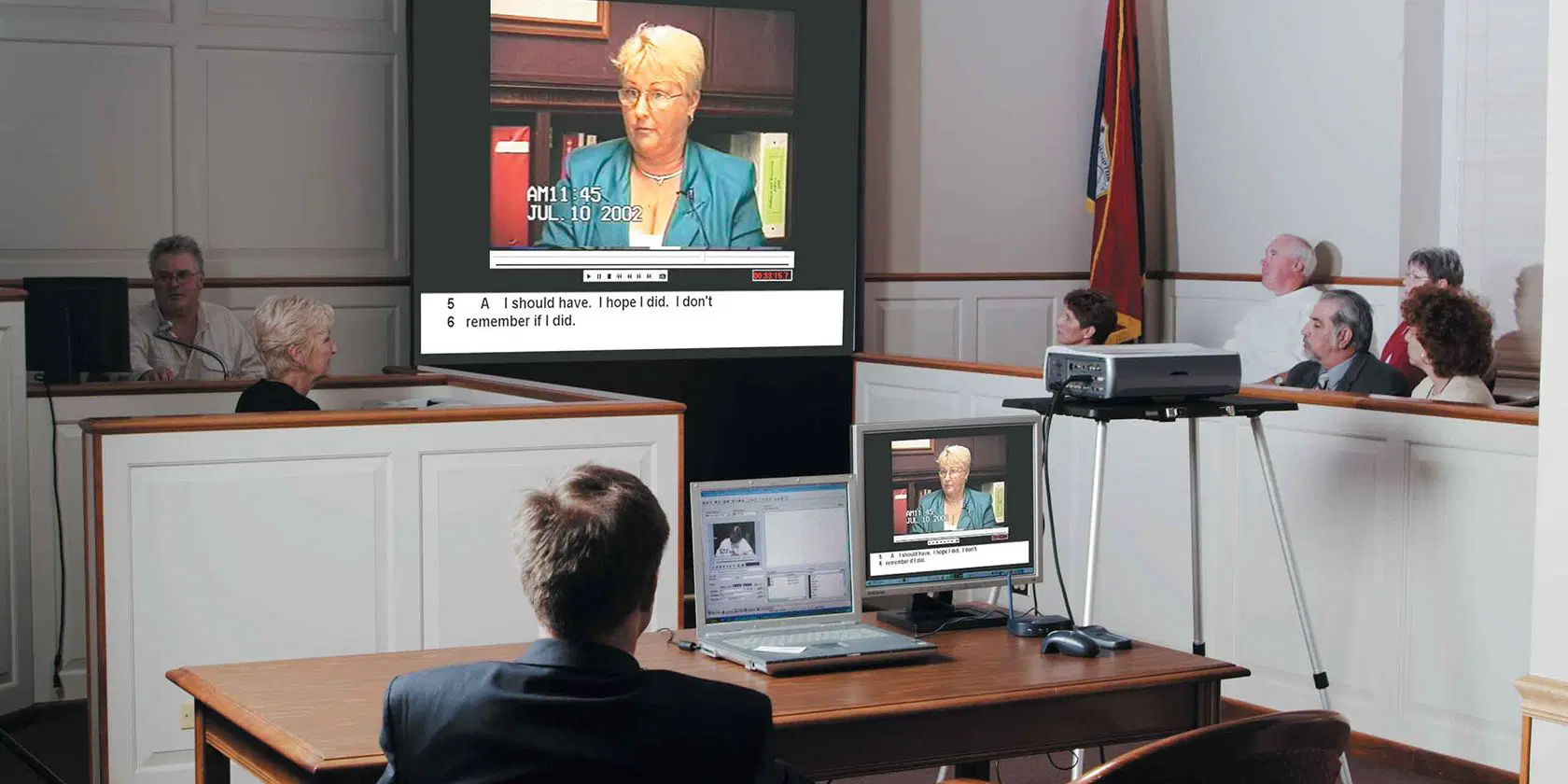Enhancing Your Legal Technique With Expert Test Presentations
In today's legal landscape, the relevance of expert test presentations can not be overemphasized. By changing dense legal principles into interesting stories, practitioners can improve juror comprehension and retention.
Importance of Test Presentations
Test discussions work as a pivotal component in the legal process, effectively bridging the gap between complex legal disagreements and juror comprehension. The capability to boil down detailed legal principles into obtainable stories is essential for jurors, that need to make educated decisions based on the evidence presented. A well-crafted presentation not just clears up the situation however also improves the persuasiveness of the argument, ultimately affecting the court's understanding.
In a period where attention periods are restricted, the relevance of engaging visuals and clear interaction can not be overstated. Trial discussions offer to catch jurors' rate of interest and maintain their emphasis, permitting a deeper understanding of the truths and lawful issues at hand. They offer an organized structure that organizes the situation, promoting logical flow and coherence.

Secret Elements of Effective Presentations
A reliable discussion in a courtroom establishing joints on several essential parts that jointly enhance its effect. Lawyers must distill complicated lawful debates right into succinct, easily digestible points to make sure jurors realize the core issues.
Visual aids play a critical role as well, as they can considerably strengthen key messages. Efficient usage of exhibitions, charts, and representations can clear up complex details and highlight important truths. Furthermore, the presenter's distribution design is crucial; positive, appealing communication promotes reliability and maintains jurors' focus.
Last but not least, recognizing the target market is vital. Customizing the presentation to the jurors' backgrounds and values can cultivate a link that enhances receptivity to the debate. In recap, clearness, narrative structure, aesthetic help, shipment style, and target market understanding are important to crafting an effective courtroom discussion that reverberates with jurors and supports the overarching lawful method.
Innovation in Trial Presentations
Modern courts increasingly incorporate innovation to enhance trial discussions, improving the fundamental aspects of reliable interaction established via clear messaging and engaging stories. The consolidation of audio-visual help, Read More Here such as high-def projectors and interactive screens, enables legal teams to present evidence in a more compelling fashion. This modern technology not just records the court's interest but likewise facilitates browse around here a far better understanding of complex information.

Digital tools, consisting of discussion software and electronic exhibition monitoring systems, streamline the organization and access of evidence (trial presentations). Attorneys can swiftly reference records, images, and videos, making sure that crucial info is conveniently accessible during the trial. Furthermore, using computer animations and simulations can strongly illustrate key ideas, making them less complicated for jurors to realize
Moreover, courtroom innovation advertises partnership amongst lawful specialists, allowing real-time modifications to discussions based upon court reactions or unforeseen advancements. The capability to adapt on the fly is important in preserving involvement and enhancing debates. As modern technology remains to advance, its duty in test presentations will definitely broaden, using ingenious ways to communicate effectively and persuasively in the search of justice.
Narration Strategies for Influence
Reliable storytelling techniques are crucial in delivering impactful test discussions, as they transform complex legal arguments right into relatable stories. A well-crafted story astounds the target market, making it much easier for jurors to comprehend and remember key factors.
To produce a compelling story, attorneys should concentrate on developing a clear structure with a start, center, and end. The beginning should present the case context and its significance, while the center elaborates on the core problems, weaving in proof and witness statements that support the argument. Effectively, the finishing must reinforce the desired message, driving home the desired end result.
Furthermore, including emotional elements can significantly boost the narrative's impact. By humanizing the situation, attorneys can stimulate empathy, enabling jurors to connect personally with the realities presented. Using vivid imagery and narratives can additionally aid in showing intricate motifs, making them much more concrete and remarkable.

Tips for Application in Court
Implementing narration techniques in court needs careful planning and implementation to guarantee that the narrative resonates with jurors. Begin by recognizing the core message of your case and straightening it with the psychological and accurate components that will involve the jury. Produce a clear and engaging narrative arc that includes an introduction, a growth of conflict, and a resolution.
Make use of visual aids to boost narration; exhibits, timelines, and multimedia discussions can aid illustrate complicated principles and preserve juror passion. Practice your distribution, making certain that body language, tone, and pacing are regular with the psychological weight of your story.

Verdict
In final thought, professional trial presentations play an important role in boosting legal approaches by successfully communicating complex arguments to jurors. The combination of aesthetic help, clear narratives, and psychological narration cultivates juror interaction and understanding. By leveraging innovation and sticking to vital components of successful discussions, attorneys can considerably enhance the likelihood of accomplishing positive decisions. The implementation of these approaches is necessary for modern trial campaigning for, eventually forming the end result of legal proceedings - trial presentations.